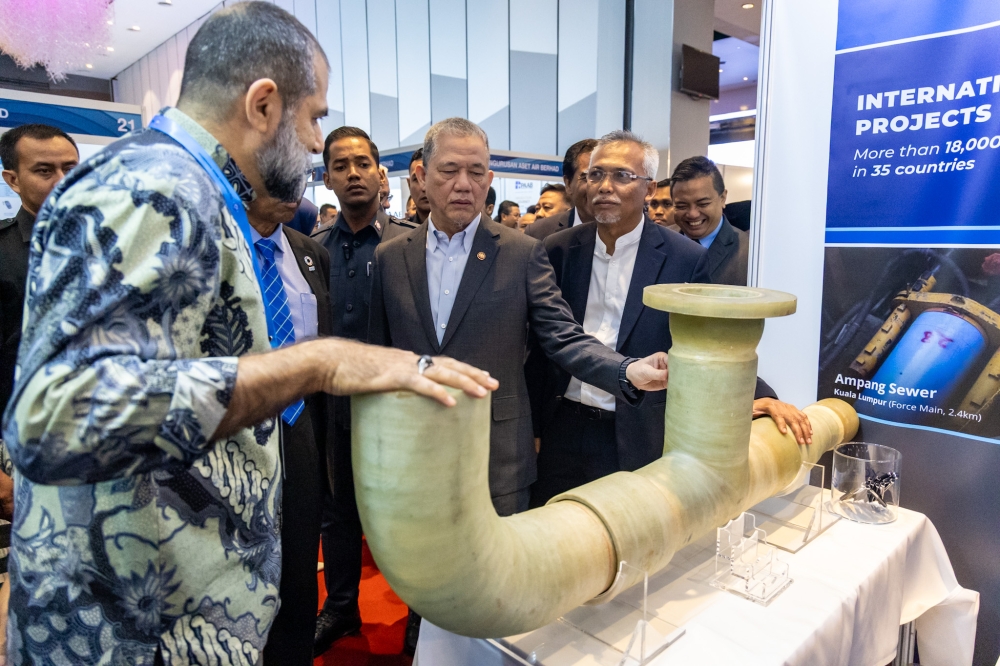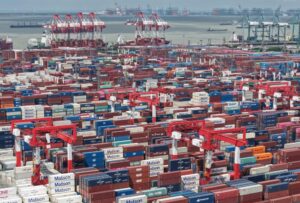KUALA LUMPUR, Aug 19 — Deputy Prime Minister Datuk Seri Fadillah Yusof said today that the government will tighten rules for water pipelines by setting stricter standards and making inspections compulsory.
He said the Ministry of Energy Transition and Water Transformation (Petra) and the National Water Services Commission (SPAN) will also launch a new Pipeline Accountability Portal, which will let the public track water service performance and problem fixes in real time.
“This platform will provide the people with real-time reporting on disruptions, leakage rates, and resolution timelines. Transparency builds trust, and trust strengthens public confidence in our service delivery,” he said during his speech at the Water Malaysia 2025 Opening Ceremony here.
Fadillah said technology alone would not solve problems, stressing that skilled workers — from engineers to operators — are key to progress.
He said the ministry would train future talent through academies, mentoring, and continuous development programmes.
The minister added that “green” investment tools such as bonds would be used to fund sustainable infrastructure projects, while financing for utilities would be redesigned to reward efficiency and results.
“The true return will be measured not merely in ringgit, but in trust, sustainability, and service excellence for the people,” he said.
To strengthen the country’s water system, Fadillah said pipeline materials would be standardised to prevent corrosion, and water knowledge hubs would be created to share expertise on repairs, innovation, and emergency response.
He added that asset replacements would be based on actual needs and conditions instead of fixed schedules, ensuring upgrades are timely and effective.
“These are not small measures. They are bold steps towards a future where assets last longer, water systems remain resilient, and the people enjoy a higher quality of service every day,” he added.
Fadillah explained that the ministry and SPAN will base reforms on four areas: efficiency, digital transformation, resilience, and stakeholder engagement.
These include building efficiency into projects from the design stage, using digital tools such as Internet of Things (IoT) and artificial intelligence (AI), strengthening systems with durable materials, and involving communities, regulators, and utilities in the process.






